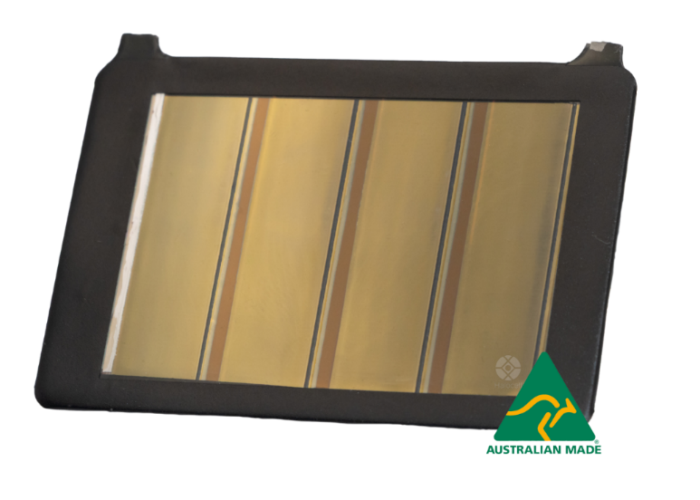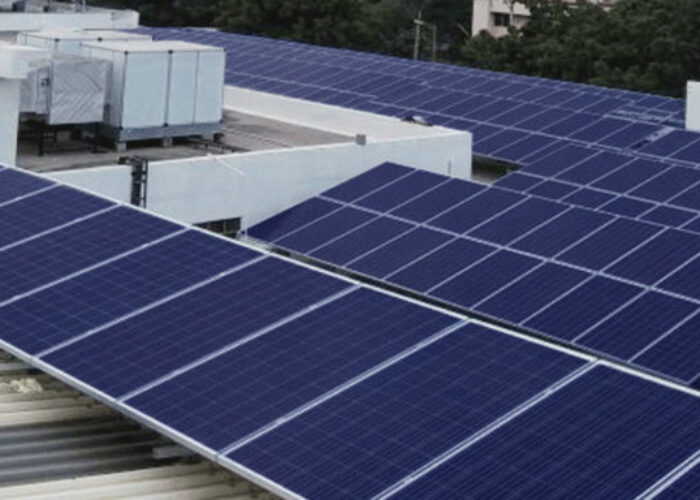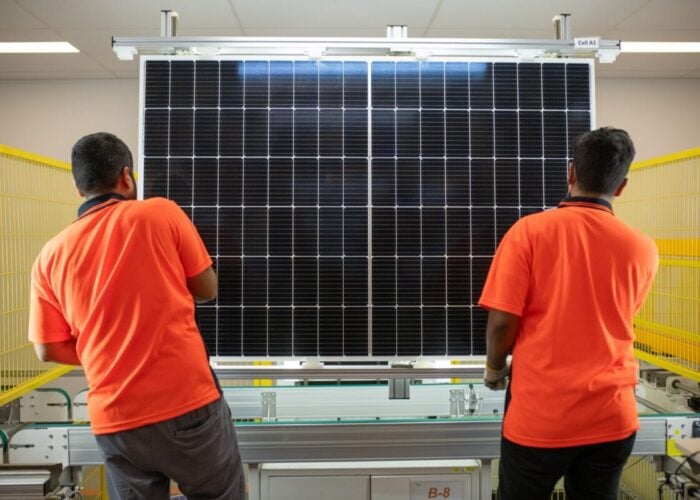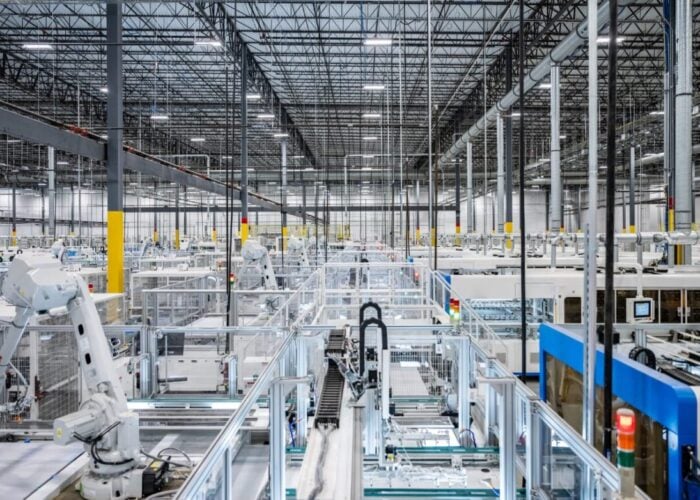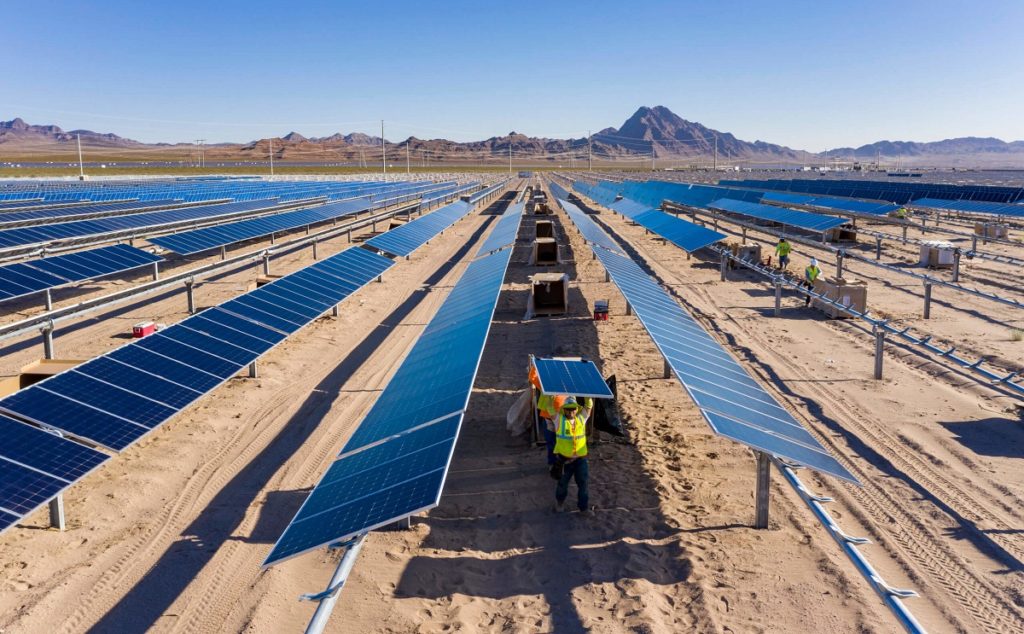
US solar developers have issued a strong rebuke to the country’s Department of Commerce (DOC) after it launched an investigation into alleged circumvention of antidumping and countervailing duties.
Yesterday the DOC confirmed that it had taken on an investigation into alleged circumvention of AD/CVD tariffs occurring in four Southeast Asian countries, specifically Cambodia, Malaysia, Thailand and Vietnam.
Unlock unlimited access for 12 whole months of distinctive global analysis
Photovoltaics International is now included.
- Regular insight and analysis of the industry’s biggest developments
- In-depth interviews with the industry’s leading figures
- Unlimited digital access to the PV Tech Power journal catalogue
- Unlimited digital access to the Photovoltaics International journal catalogue
- Access to more than 1,000 technical papers
- Discounts on Solar Media’s portfolio of events, in-person and virtual
It follows a petition from US-based module manufacturer Auxin Solar, filed last month, and comes just four months after a similar petition filed by an anonymous group of US solar manufacturers was dismissed by the DOC.
The initiation of an investigation now starts a process that could last up to a year, leaving the US solar industry on tenterhooks. Should the DOC find evidence of circumvention, import duties are likely to be implemented for solar cells and/or modules originating from those countries. Not only could tariffs be set at anywhere from 50 – 250%, but they could be applied retroactively and come into effect from any date from 4 November 2021 onwards.
The decision is widely expected to result in a significant reduction to the flow of solar modules to the US market, with exporters responding to uncertainty over the tariffs. Likewise, with module availability in the US further constrained, prices for compliant modules look almost certain to rise in the short-term, driving the cost of solar development upwards and prompting project delays.
US trade body the Solar Energy Industries Association (SEIA) has been vocal about its opposition to the petition, warning previously that up to 16GW of solar deployment could falter by 2025 as a result of higher prices while also causing a decrease to US solar jobs of up to 70,000. SEIA also said any investigation and resultant tariffs, while designed to protect domestic solar manufacturing, could in fact be counterproductive and actually decrease solar jobs by 11,000.
Yesterday SEIA doubled down on those warnings, stating the decision would have a “chilling effect” on the market, and solar developers in the country have responded in kind.
George Hershman, CEO at SOLV Energy, described the decision as a “devastating blow” that would result in “tens of thousands” of job losses in the industry.
“Solar companies across the country are already experiencing unprecedented delays up and down the supply chain. The continued threat of tariffs poses a significant barrier that will drag out projects and drive up costs,” he added.
Hershman’s view was echoed by Craig Cornelius, CEO at developer Clearway Energy Group, who said Commerce’s investigation was a setback for “American workers, the Biden administration’s climate goals and the success of clean energy across the country”.
Tom Buttgenbach, CEO at 8minute Solar Energy, added: “As one of the country’s leading solar developers, we understand first-hand how damaging the Biden Administration’s decision today will be for the solar industry. This unfair and unwarranted complaint undercuts us at a time when we are working hard to navigate unprecedented uncertainty in the global supply chain, hire US-based workers and build out the solar infrastructure necessary to meet the country’s urgent clean energy goals.”
The investigation will indeed further complicate module procurement practices in the US that are already mired in uncertainty. As Finlay Colville, head of market research at PV Tech wrote last week, module selection in the US was heavily scrutinised even before this week’s developments, resulting in high average selling prices (ASPs) for modules in the US market.
Hershman said that in light of high ASPs, driven even further upwards in light of high material and logistics costs, the threat of more tariffs was “the last thing the solar industry needs right now”.
“In order to reach the Biden Administration’s clean energy goals, we must put an end to harmful trade barriers. Instead, we need Congress to pass clean energy tax credits that will grow domestic manufacturing and deployment, create more jobs, and protect our energy security,” he added.
Cornelius also mentioned the possibility for domestic manufacturing supports, urging the Biden administration to make progress with the proposed Advanced Manufacturing Tax Credit that is still making its way through US Congress.
“Punitive trade policies, pursued by petitioners for anti-competitive advantages, have the opposite effect by undermining growth and threatening American jobs. Commerce’s investigation threatens to derail America’s clean energy industry,” he said.
8minute’s Buttgenbach also drew into context broader volatility in global energy markets, suggesting that with energy crises playing out globally and the cost of gas and oil increasing, the US should be pivoting towards clean energy investment to drive down costs for consumers.
“Instead, this case is already slowing investment in our country’s clean energy future, including the loss of thousands of domestic jobs, while threatening our technological leadership and independence from volatile global oil prices,” Buttgenbach said.


